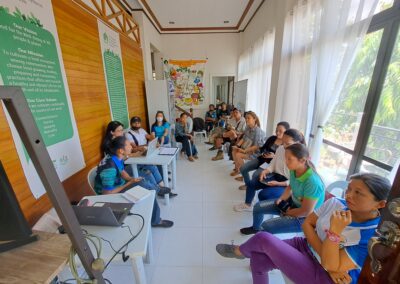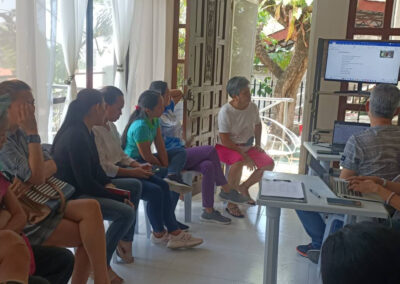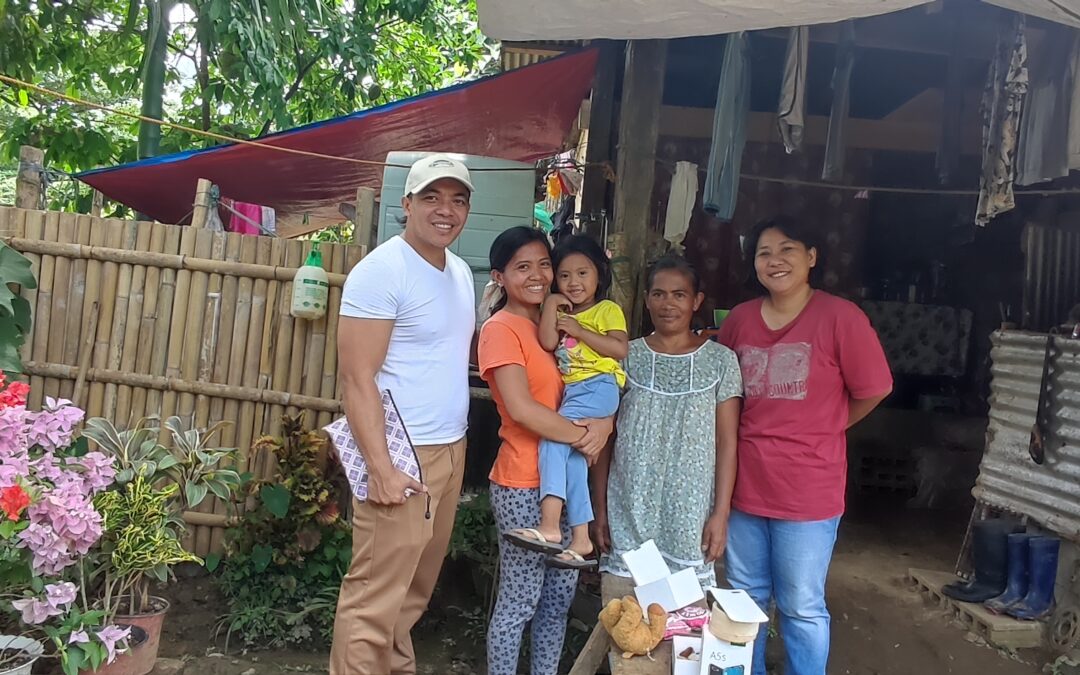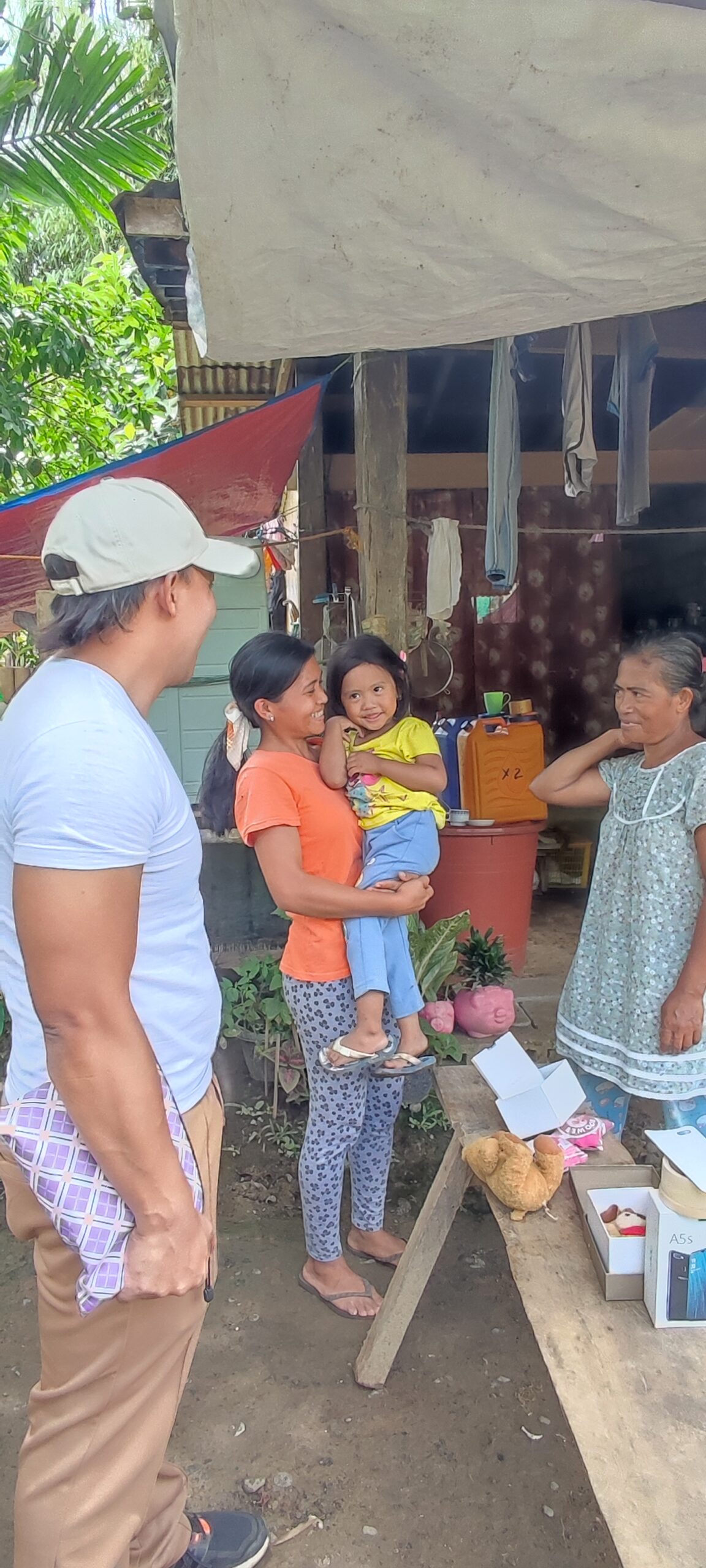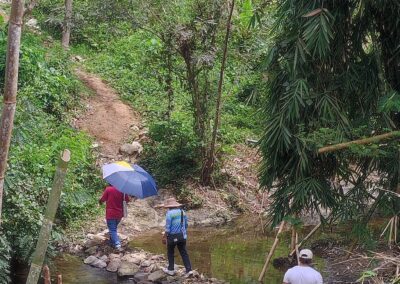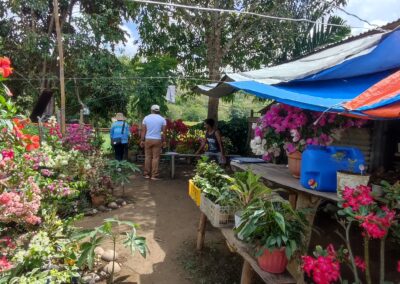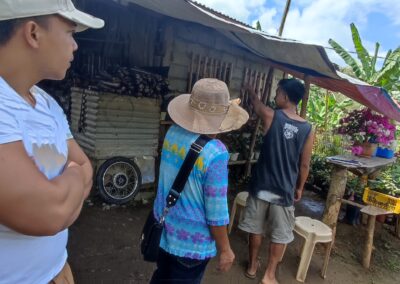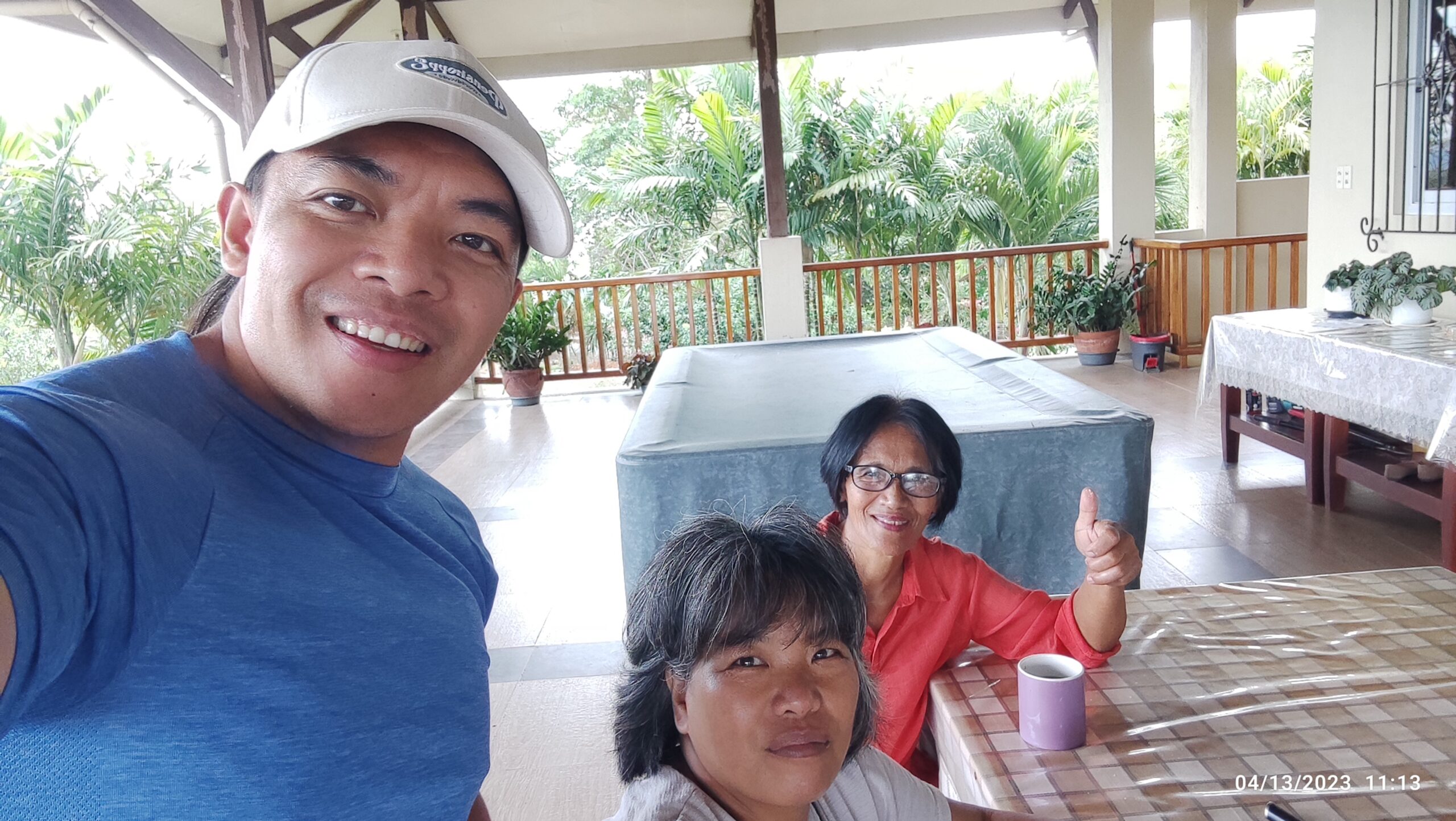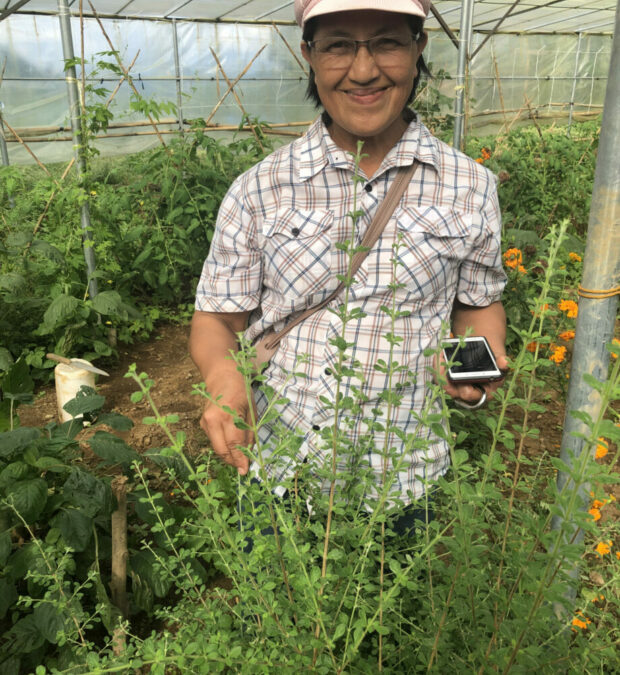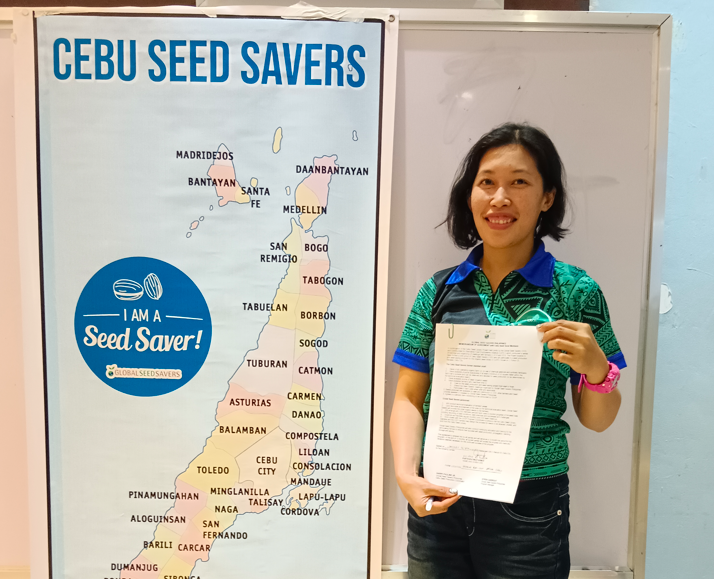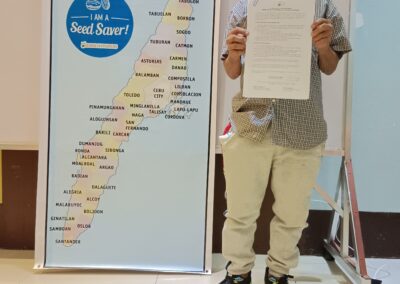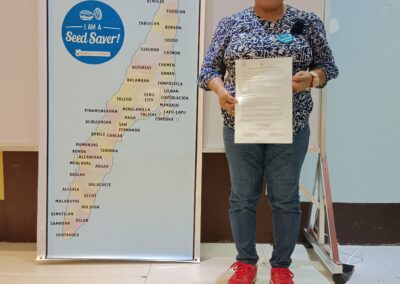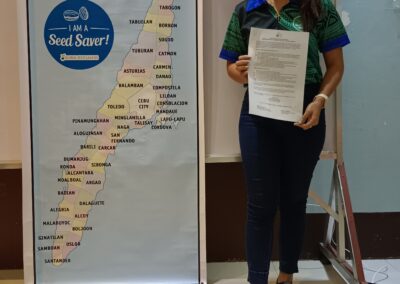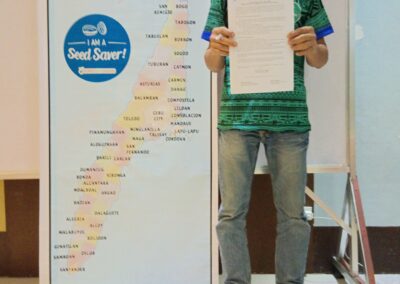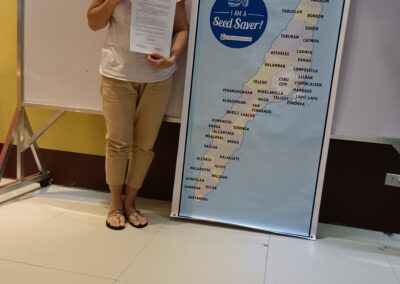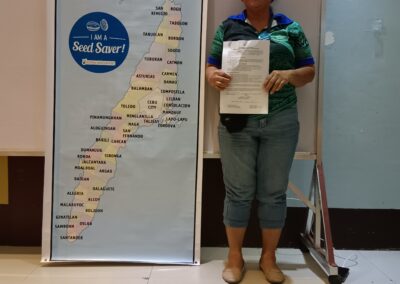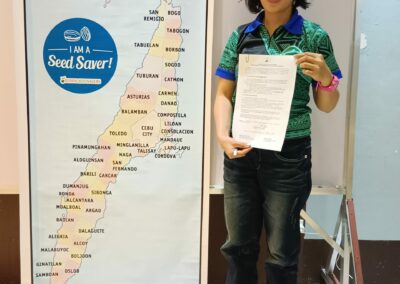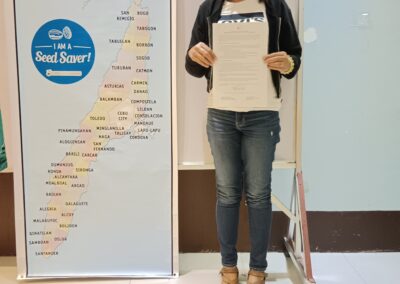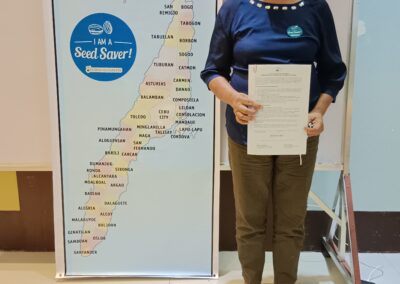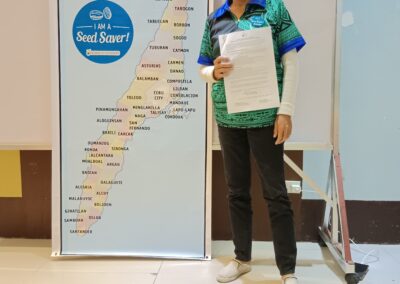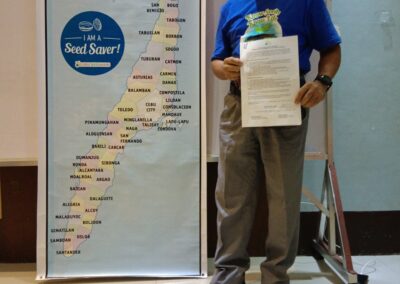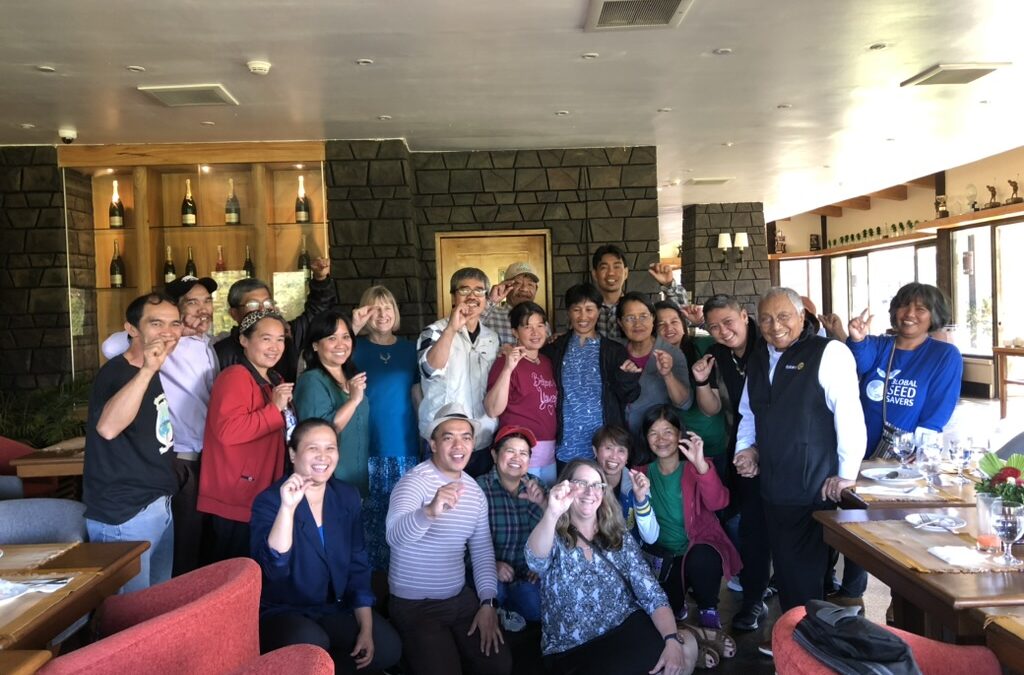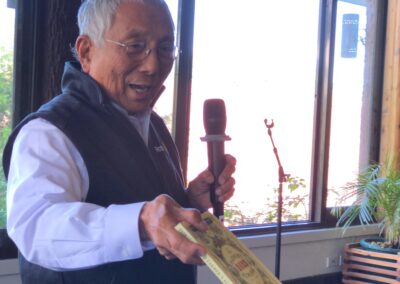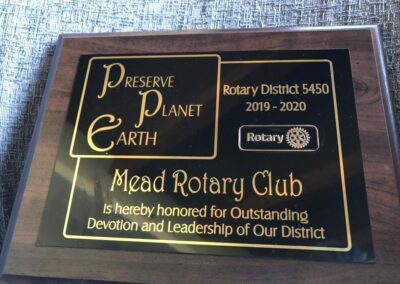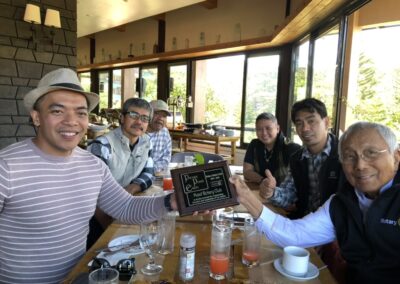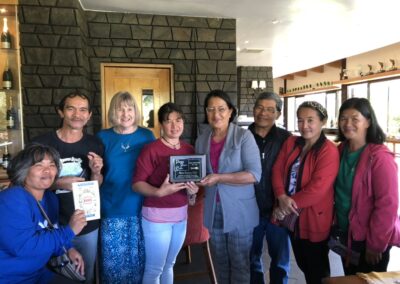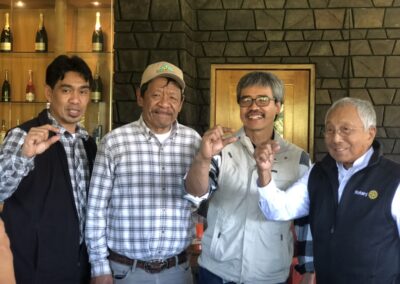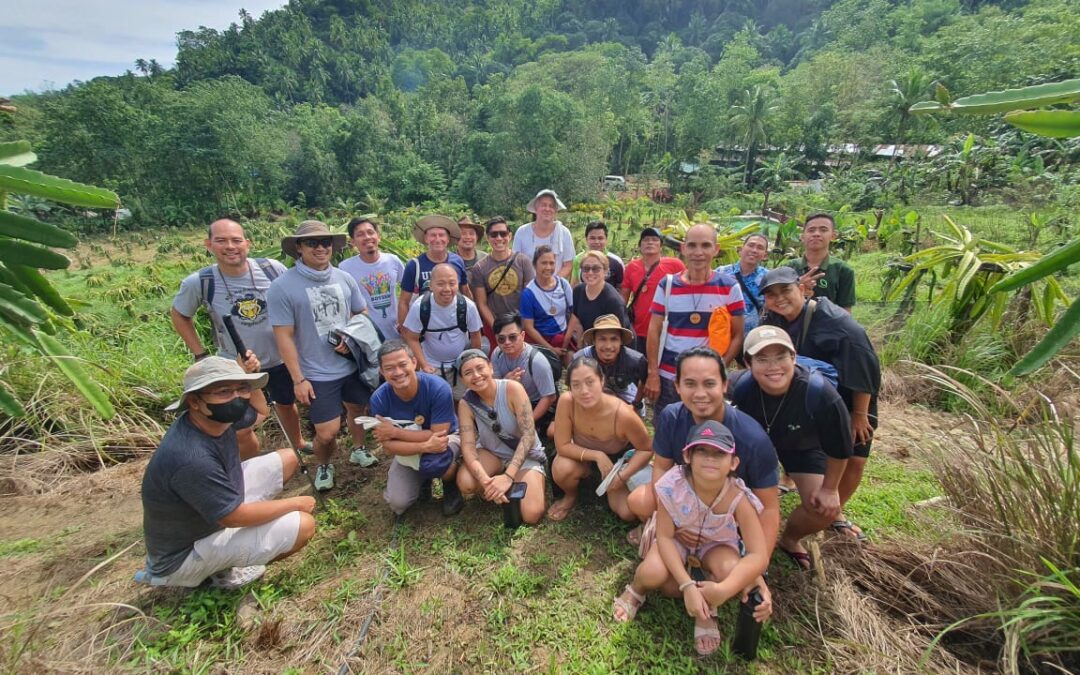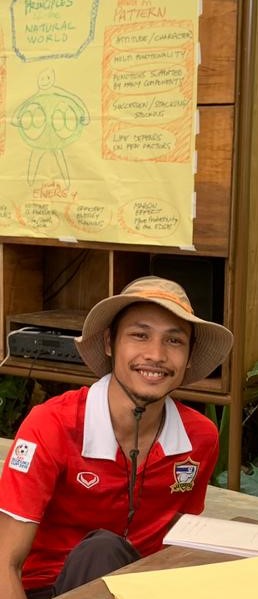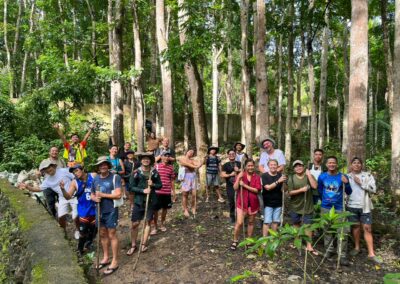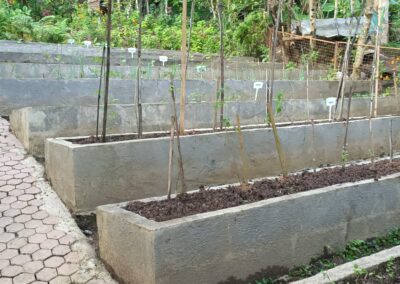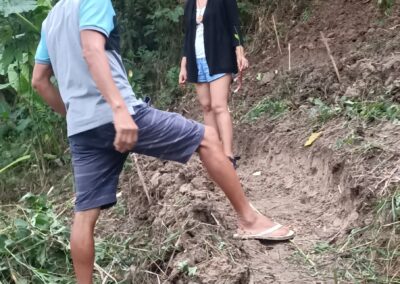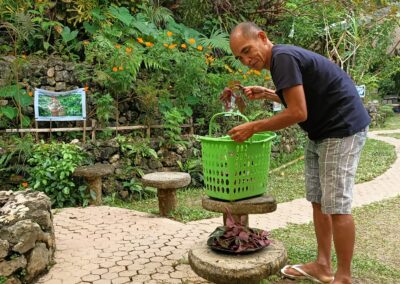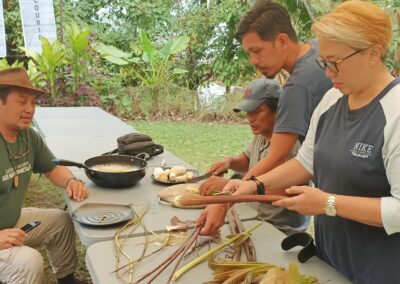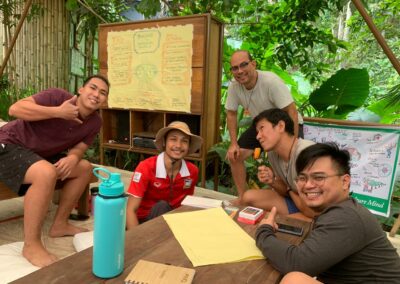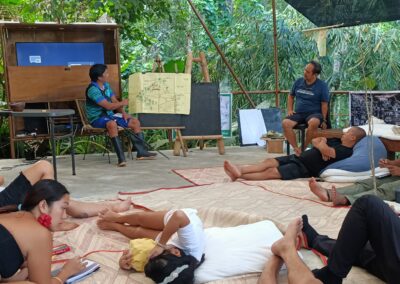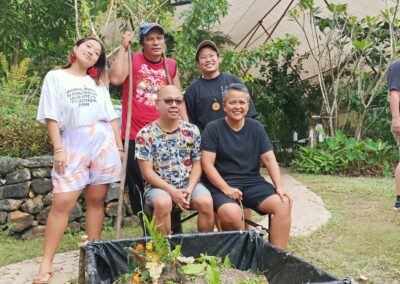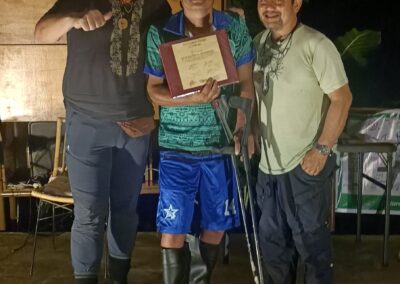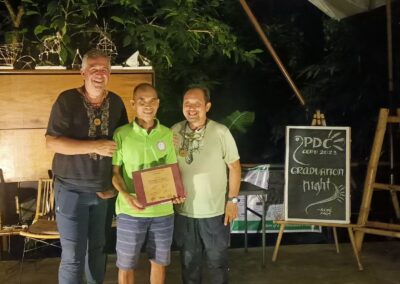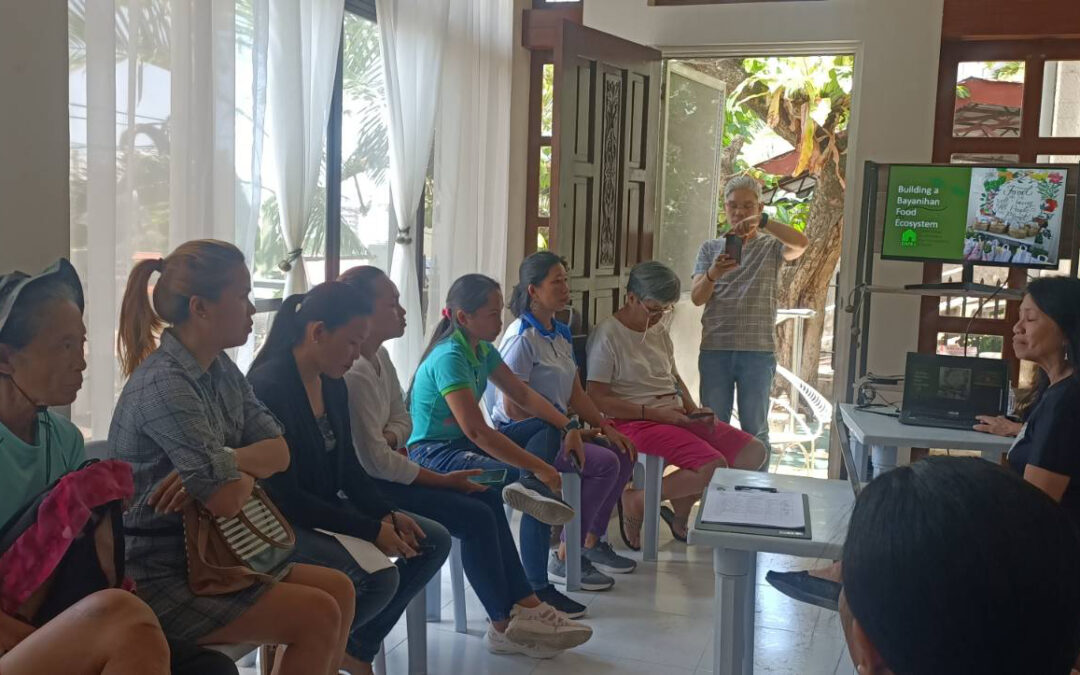
GSSP New Executive Director, Hal Moderates His First Community Conversation in Cebu!
Our new Philippines Executive Director, Hal Atienza has jumped right into community building alongside Efren Cabbigat, GSSP Program Manager, and Harry Paulino, Cebu Seed Production Coordinator.
Our partners from CAFEi ( Cafei Executive Director Teresa Ruelas and Cafei Lead Trainer and Programs Rina Mabalhin) and our GSS team traveled to CAFEi’s office in Guadalupe, Cebu City to hold a critical community conversation about seed sovereignty and establishing more community seed libraries throughout Cebu Province.
One of GSS’ priorities for this year is to facilitate more focus group discussions with our partners. To enable us to learn and build together the next steps and visions for our collective work in building food and seed sovereignty. Focus group discussions like these allow us to hear feedback, challenges, and lessons learned from individuals who are seed saving and managing Seed Libraries. Every community members’ experiences are important. Some individuals have their own seed repositories and some want to learn more about how they could support existing future seed libraries.

At GSS we value farmer led conversations. Farmers help direct and lead our programs, and focus group discussions make space for emerging conversation topics like guidelines of how they want to set up seed libraries, type of seeds they want to be available at seed libraries, seed library storage techniques, and more!



